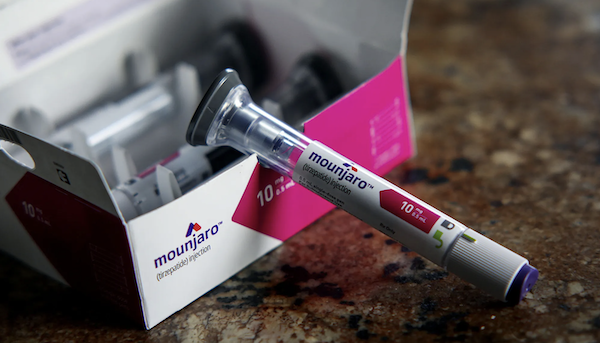Eli Lilly reported quarterly results at the end of October that came up short of forecasts, causing its shares to slide over 10%. They have since recovered somewhat. Sales of the company's blockbuster diabetes and anti-obesity drugs, Mounjaro and Zepbound, fell short of very high revenue expectations. Mounjaro sales more than doubled to $3.11 billion and Zepbound sales were $1.26 billion, so they are not exactly battling.
The company attributed the underwhelming performance to inventory decreases by wholesale distributors. Eli Lilly's CFO, Lucas Montarce, said wholesalers were grappling with the complexities of high-volume cold-chain products. Management remains optimistic, citing strong underlying demand for the drugs.
The company's valuation has sparked debate, with Eli Lilly trading at 40 times forward earnings compared to the average pharma company's 17 times. Investors are paying up for growth potential, which has been hard to come by in the sector. Despite the short-term setback, we view this as a buying opportunity, given the transformative potential of GLP-1 drugs in treating obesity.
Overall, one soft quarter doesn't justify panic. Eli Lilly's growth prospects, driven by its innovative drugs, remain intact. Investors should focus on the company's long-term trajectory rather than a single quarterly blip. Their pipeline also includes promising Alzheimer's drugs, which could further fuel growth.
